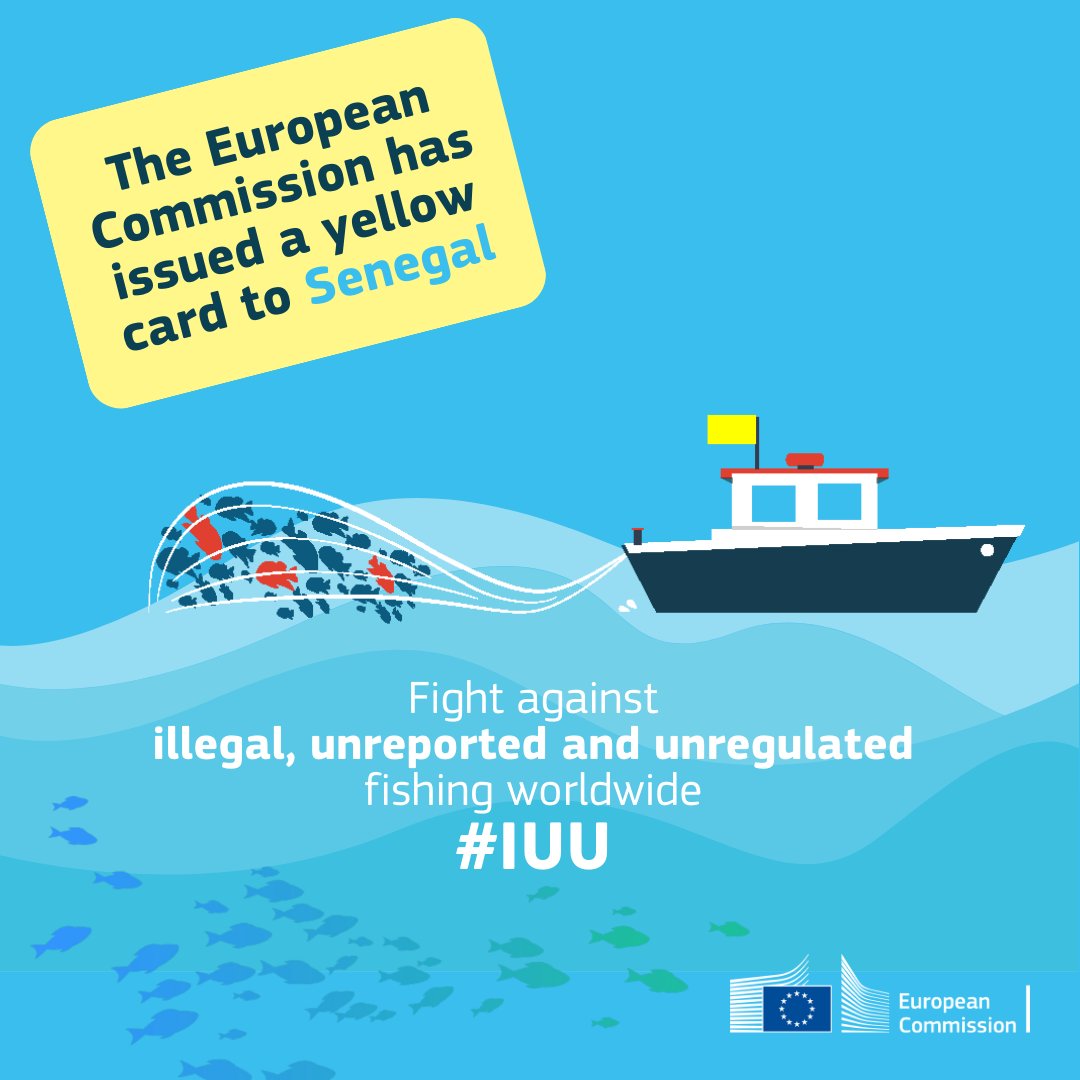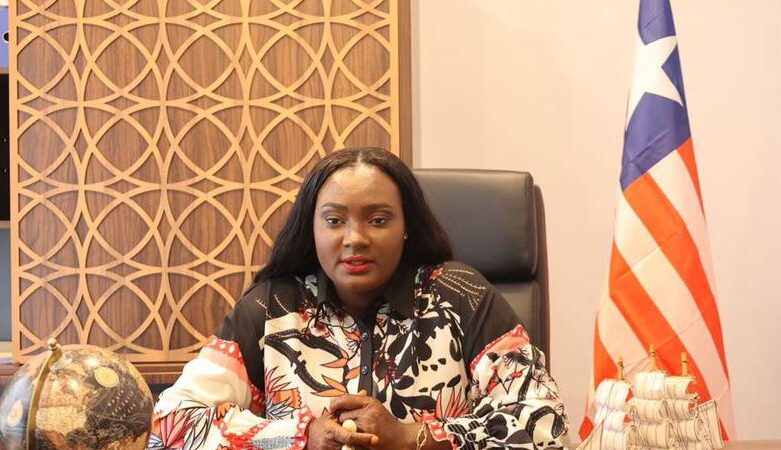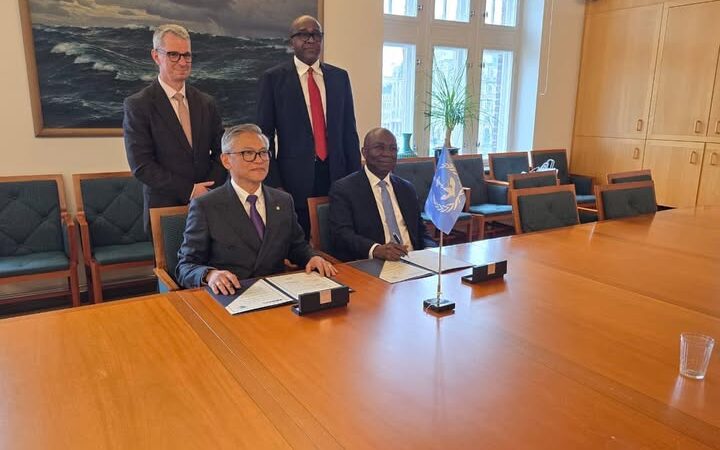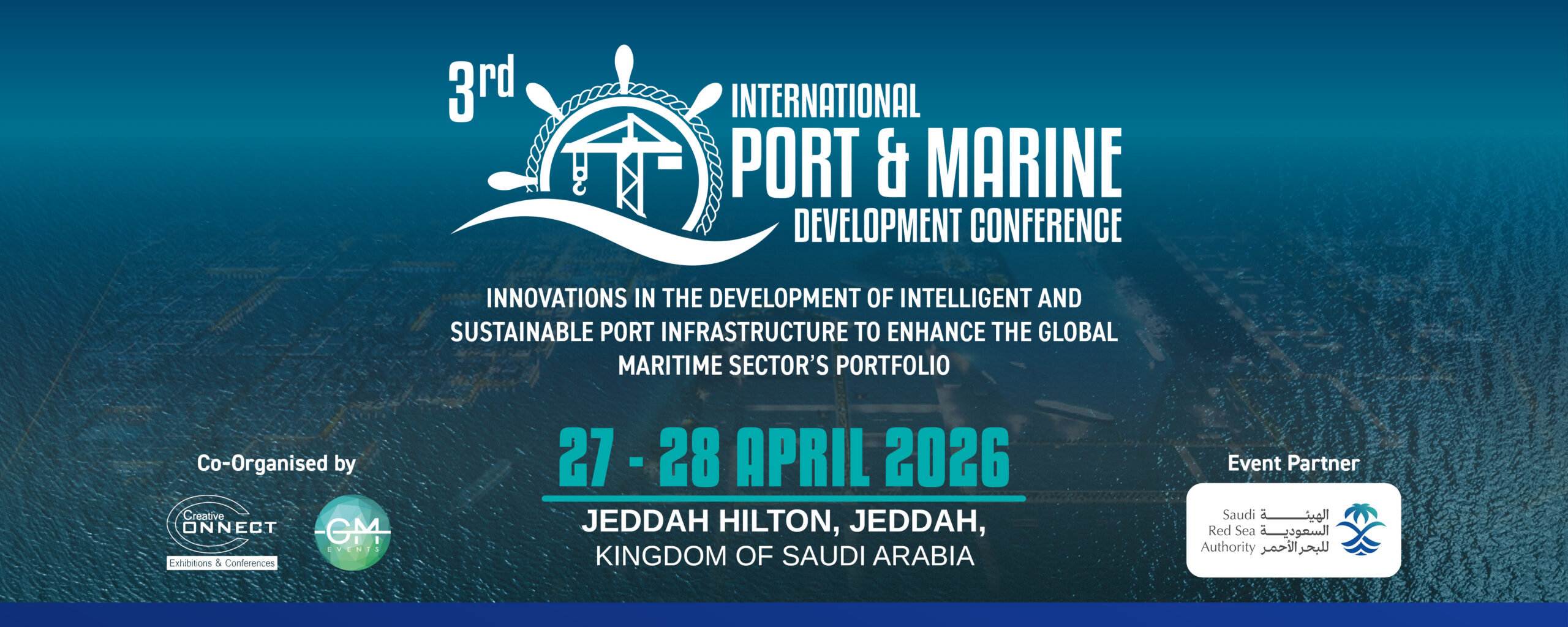Fight against illegal, unreported and unregulated fishing: the European Union issues a “yellow card” to Senegal
Today, the European Commission issued a “yellow card” to Senegal, underlining the need to strengthen measures to combat illegal, unreported and unregulated (IUU) fishing. As part of the EU’s commitment to combat IUU fishing worldwide, and following several years of shortcomings and lack of cooperation, the Commission has pre-identified Senegal as a non-cooperating country in the fight against IUU fishing. The Commission’s decision is based on serious shortcomings identified in recent years in the system the country has put in place to comply with its international obligations as a flag state, port state, coastal state or marketing state.
The shortcomings noted in Senegal’s monitoring, control and surveillance systems concern vessels flying the Senegalese flag and operating in waters outside the country’s jurisdiction, as well as controls carried out on foreign fishing vessels in the port of Dakar. In addition, illegal exports from Senegal to the EU market have been detected, compromising the reliability of the traceability system on which certification of the legality of fishery products is based. Finally, Senegal has so far shown insufficient willingness to cooperate with the Commission in the fight against IUU fishing.
The European Commission, applying a zero-tolerance policy towards IUU fishing, considers the latter to be one of the most serious threats to the sustainable exploitation of living aquatic resources, jeopardizing the very foundation of global efforts to promote better ocean governance, as well as the EU’s Common Fisheries Policy. IUU fishing also represents a major threat to the marine environment, the sustainability of fish stocks and marine biodiversity.
In issuing this yellow card, the European Commission is initiating a formal dialogue with Senegal. Acknowledging the commitment of the new Senegalese government to remedy these shortcomings, the European Commission declares its willingness to support the country in the fight against IUU fishing.
At this stage, the decision does not include any measures affecting trade. The “yellow card” gives Senegal the opportunity to react and take steps to remedy the situation within a reasonable timeframe.
However, in the event of prolonged and persistent non-compliance, countries may ultimately face an identification procedure (“red card”), which carries sanctions, such as, for example, a ban on exporting their fishery products to the EU market.
Virginijus Sinkevičius, Commissioner for the Environment, Oceans and Fisheries, says “The European Commission is strongly committed to sustainable fisheries and efficient ocean governance. We have zero tolerance for IUU fishing and today we are taking action by giving Senegal a yellow card. Senegal plays an important role in fisheries governance in West Africa. The Commission acknowledges the recent actions taken by the new government (i.e. publication of the list of fishing licences, and the audit of the fishing fleet) and it is reassured by this. Therefore, we stand ready to cooperate actively with the country in the fight against IUU fishing, and in particular to help the country remedy the situation and address the threats that IUU fishing poses to the sustainability of fish stocks, coastal communities, food security and the livelihoods of fishers who abide by the rules.”
As the world’s largest importer of fish products, the EU is actively combating IUU fishing, which is estimated to be worth between 10 and 20 billion euros annually. Today’s decision is based on the EU’s IUU Regulation, which came into force in 2010. One of the pillars of this regulation is the catch certification scheme, which guarantees that only legally caught fish products can access the EU market. The regulation also provides for specific dialogue mechanisms with countries that fail to meet their obligations under international law as flag states, coastal states, port states and marketing states.
Since November 2012, the European Commission has opened formal dialogues with 27 third countries, officially warning them of the need to take effective measures to combat IUU fishing. In most cases, significant progress has been observed, and the Commission has therefore been able to satisfactorily close the formal dialogue phase and lift the yellow card. Only a few countries have so far failed to demonstrate the necessary commitment to reform.






